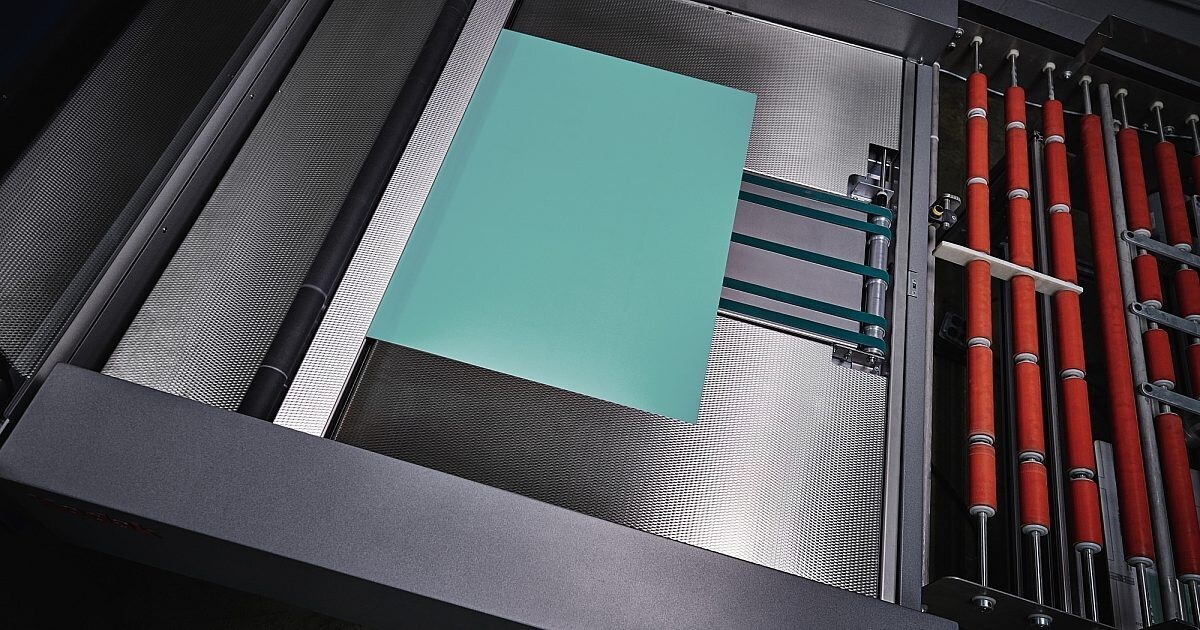

The United States International Trade Commission (USITC) has confirmed significant tariffs on imported aluminium printing plates from China and Japan, responding to concerns that unfairly low-priced imports are harming the lone remaining US producer, Kodak. The tariffs are expected to impact around $100 million in imports, a move to safeguard domestic industry jobs and production standards.

The conflict dates back to last year, when Kodak, now the last standing US manufacturer of aluminium printing plates, filed a petition claiming that the prices of imported plates were severely undercutting the market. The company argued that Chinese and Japanese plates are priced "unfairly low," damaging US competitiveness and production sustainability.
This week, the USITC supported Kodak's concerns, announcing that it had found "material injury" to the US industry due to imported plates from China and Japan. The US Department of Commerce determined that the Chinese government subsidised these plates and sold them at prices below fair market value. This determination signals a strong move toward cementing high duties on these imports, with significant implications for U.S.-based companies that rely on aluminium printing plates.
With the decision finalised, these tariffs will serve as a critical line of defence for Kodak, aiming to preserve US industry viability in the face of ongoing international competition and alleged price manipulation.
The report stated, "As a result of the Commission's affirmative determinations, Commerce will issue a countervailing duty order on imports of this product from China and antidumping orders on imports of this product from China and Japan."
In May, authorities issued a preliminary decision to impose substantial duties on aluminium litho printing plates, ranging from 87.81 per cent to 171.12 per cent. Last month, these figures were finalised, setting anti-dumping and countervailing (anti-subsidy) duties at 91.83 per cent on imports from Japan and a combined rate of 151.51 per cent on those from China.
Hidetoshi Kino, General Manager of Fujifilm's Graphic Communication business in North America, responded, "We are disappointed in the International Trade Commission's (ITC) decision today, and we believe that Fujifilm is a responsible market provider of aluminium lithographic printing plates."
“Our customers clearly purchase our aluminium lithographic printing plates because of the innovative technology and superior features and service that we provide. The written decision of the ITC and the rationale behind today’s affirmative vote will not be published until November 12. At that point, we will review the decision and assess our options, including the possibility of an appeal.”
In the original complaint, ECO3 was identified as the second-largest exporter of Chinese plates to the U.S., with Lucky Huaguang Graphics ranked third. In 2019, Kodak sold its Chinese plate manufacturing facility to the state-owned Lucky in a partnership deal, granting Lucky Huaguang access to Kodak’s plate-making expertise. Earlier this year, Fujifilm initiated legal proceedings against Kodak in the U.S., alleging that Kodak’s Sonora process-free plates infringed on Fujifilm’s patents.
According to statistics from US trade authorities, the value of printing plates imported from Japan nearly doubled in 2022, reaching just under $88 million (£67.8 million). Meanwhile, imports from China saw a dramatic increase of 570 per cent, soaring to nearly $17.5 million from a significantly lower base.
Responses








